Technology
 |
||||||||
 |
 |
|||||||
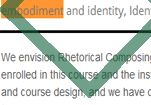 |
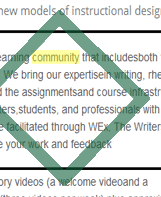 |
 |
||||||
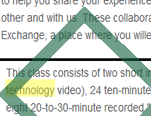 |
||||||||
 |
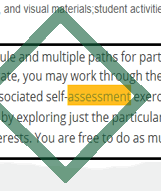 |
|||||||
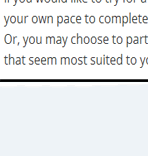 |
||||||||
The Applied Cryptography course on Udacity is described as a kind of balance between intrigue and risk management: “Explore how secrets are written and shared, as well as what can go wrong when cryptography is misused or implemented badly.” The "Watch Trailer" video link features professor David Evans describing a populist view of cryptography as “secret writing” that appeals to the “earliest human desires to keep and share secrets”, once only the province of “generals and emperors.” He ends with the description of cryptography as “making puzzles.” (Who doesn’t love that?) This seems to be a course about universal human interests and the powerful role of technology in creating institutions, whether they be corporations or games.
This statement in context, then, draws upon the overly formulaic understanding of the relationships among technologies, participation methods, and students. But what’s really implied by these course descriptions is the value-free possibility for neutral technologies. However, what is always implicitly operating, according to Critel, is the ebb and flow of our own technology hopes and fears. The course ignores completely Critel’s insight that “new technologies are speculated to improve participation” and her conclusion that “ultimately, pedagogy changes participation; technology is an element of pedagogy” (195).
[Go to "Assessment"]